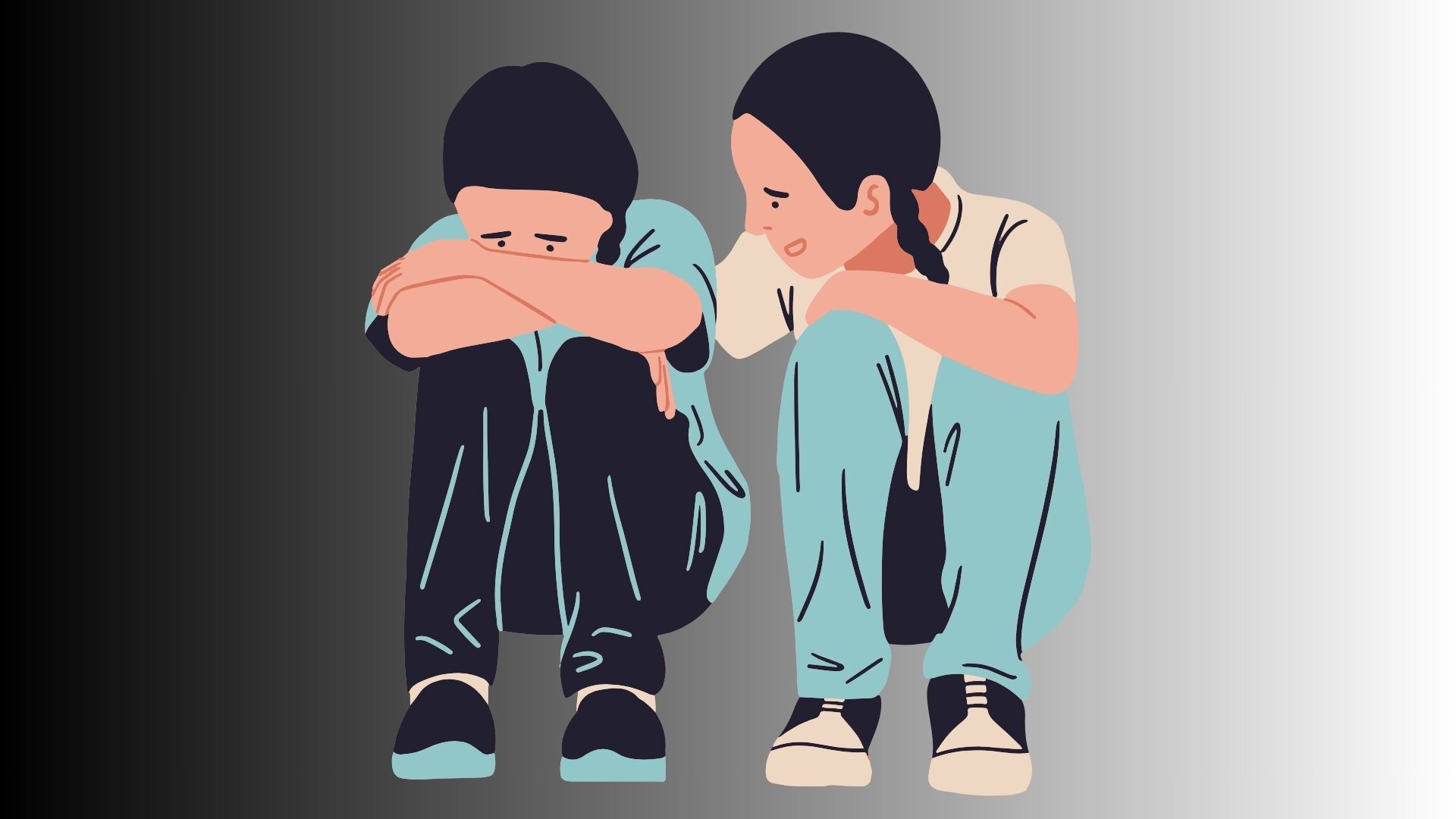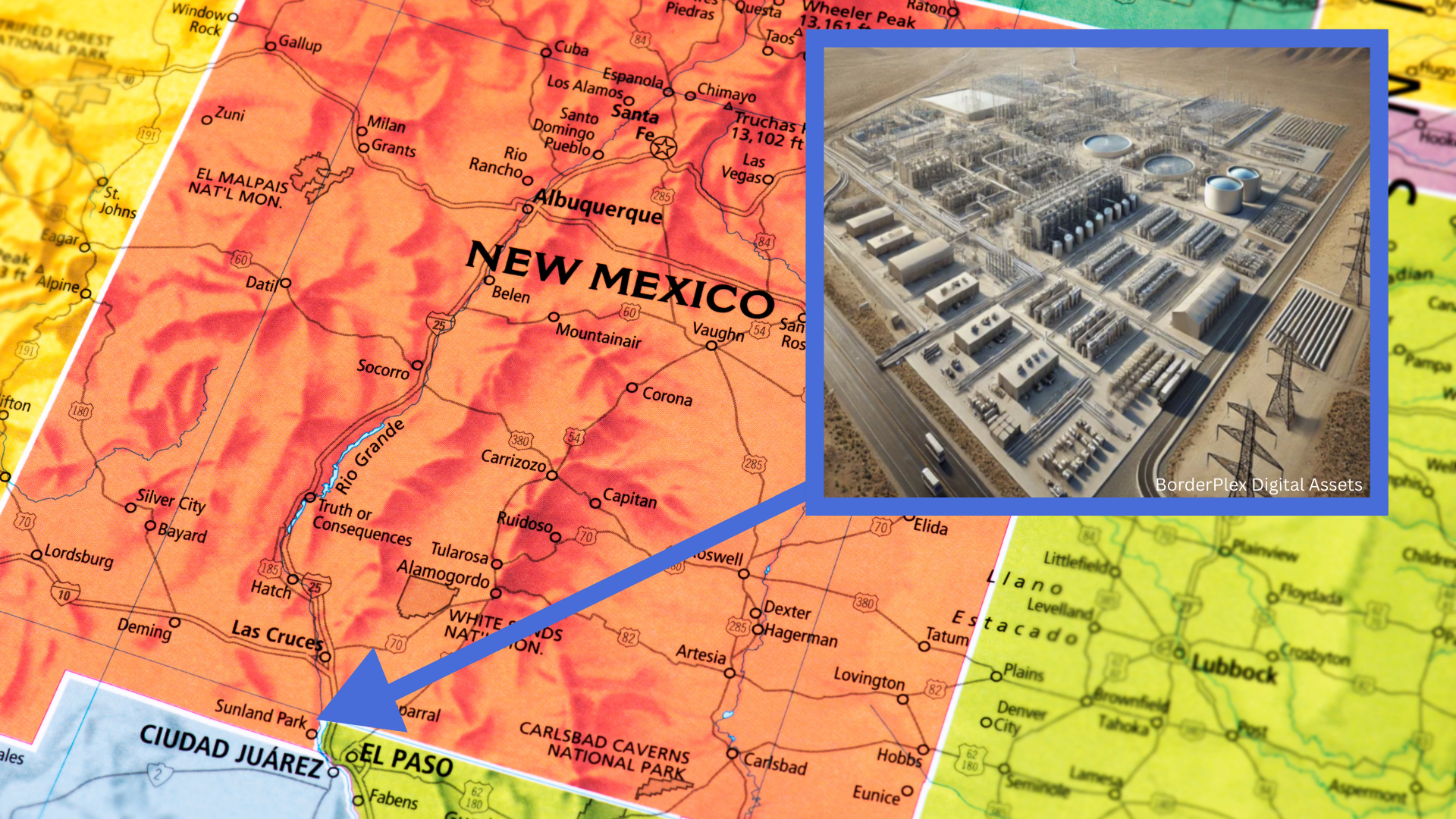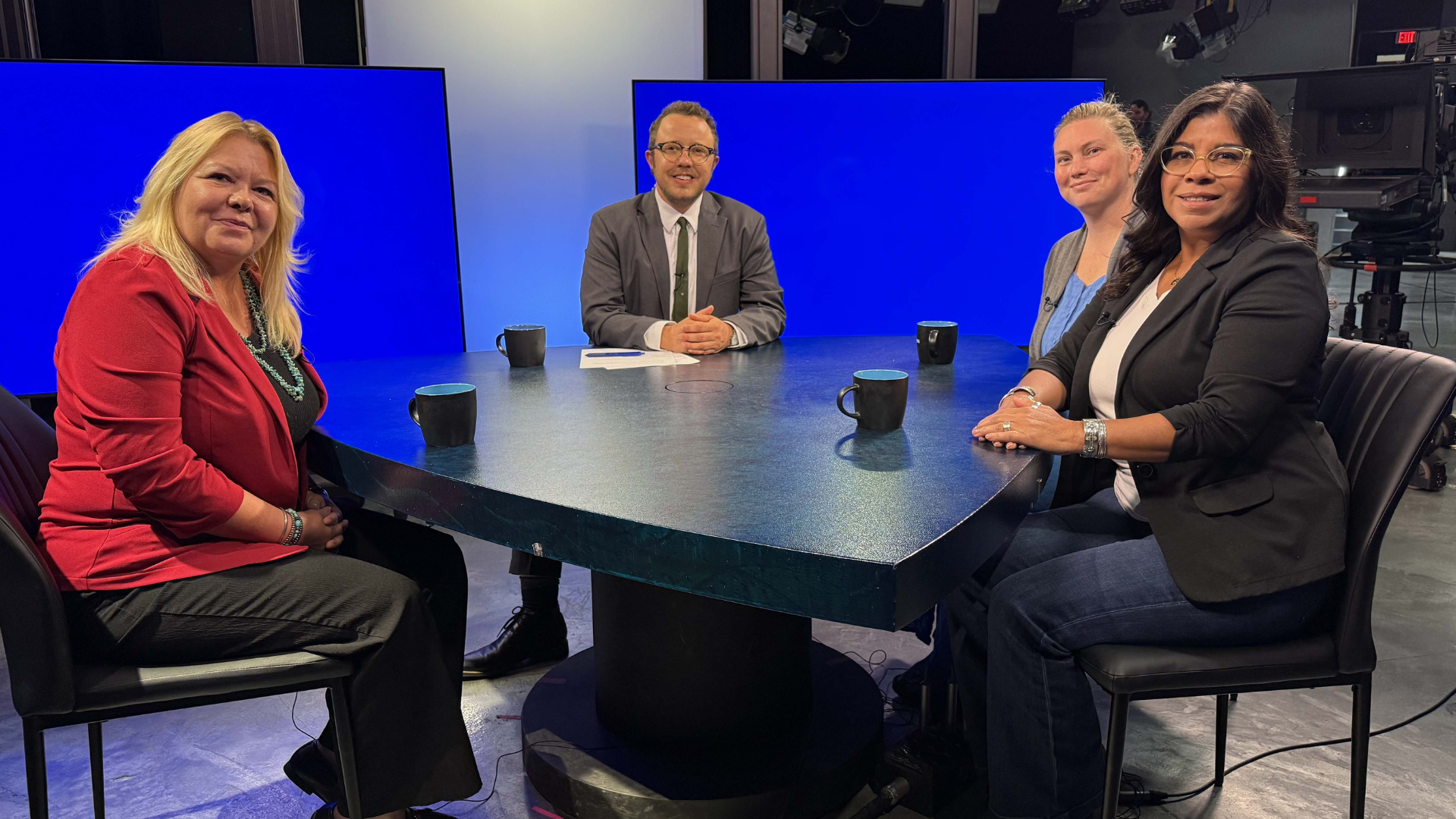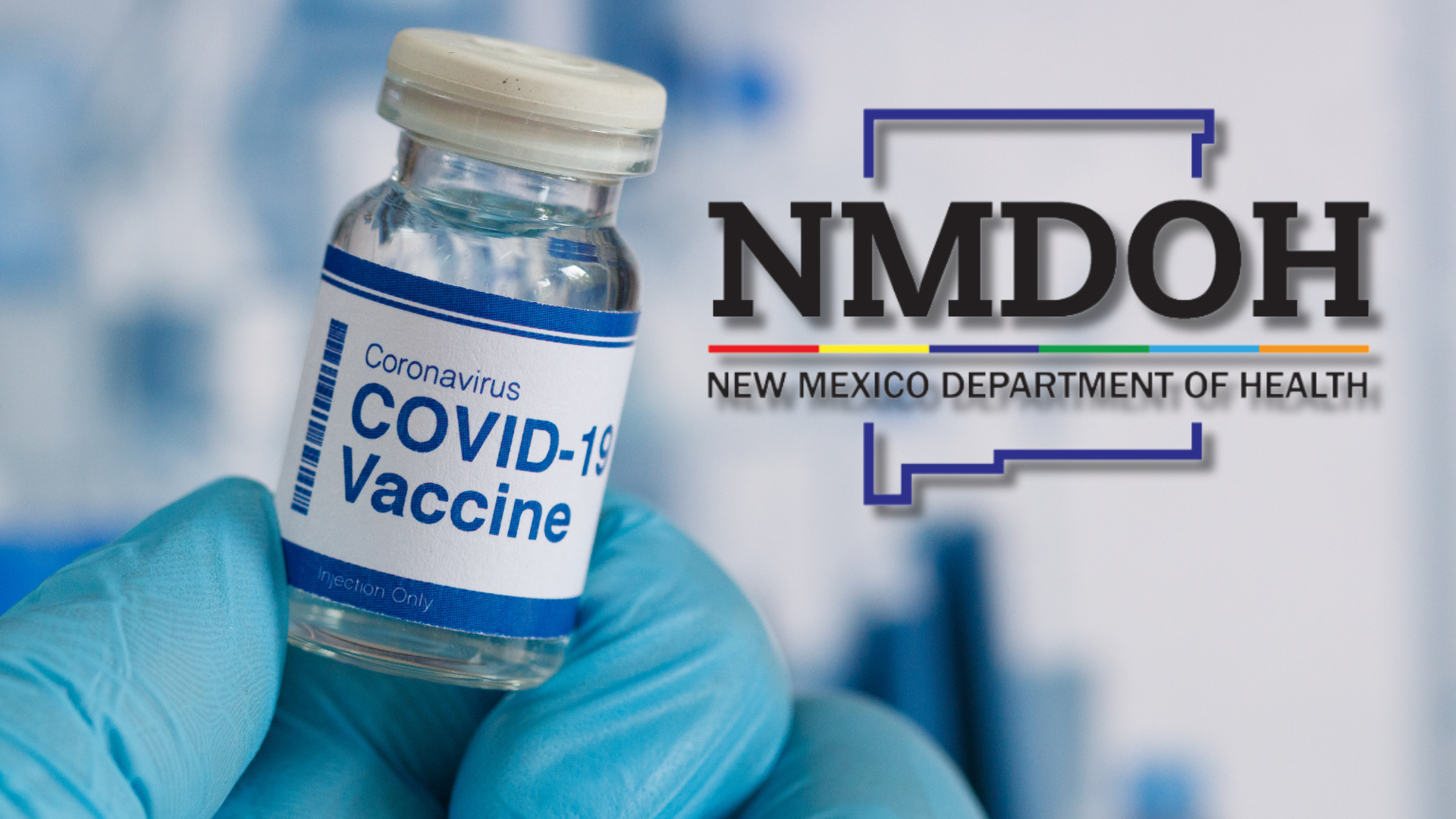We All Have a Role to Play in Preventing Suicide
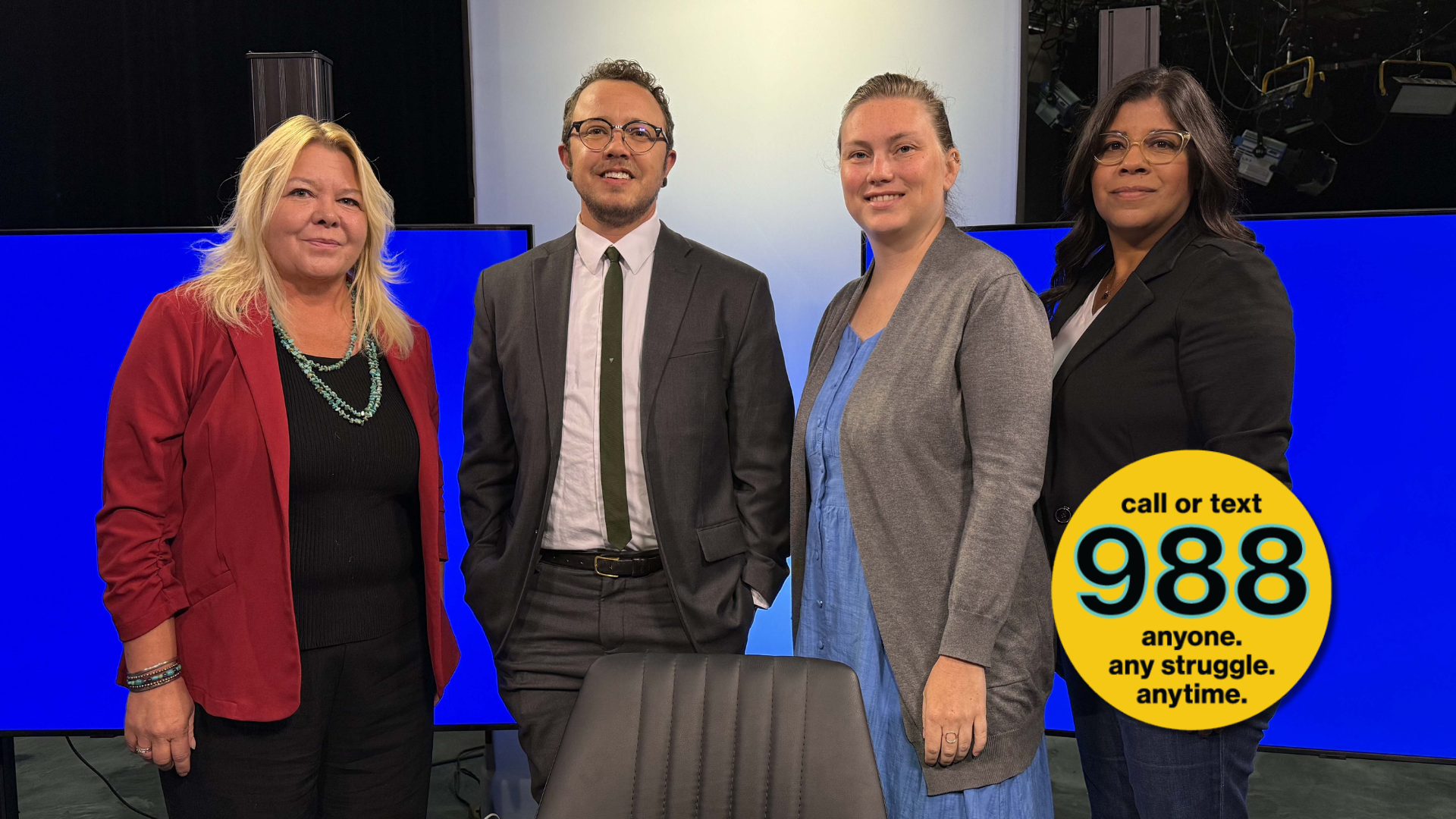
More people took their own lives last year in New Mexico than the year before. New data from the state Department of Health shows a nearly 10% rise in suicide deaths. That said, as you’ll hear on this week’s show, that follows a sharp decline the year prior for certain groups, like women and Native Americans. So, the state remains near our 10-year average for these tragedies.
Still, for any of you, like me, who’ve lost people you know and love in this way, you know that even one suicide — and the deep pain that ripples through a community in the aftermath — is too much to bear. With 512 New Mexicans taking their own lives last year, we must do better. So, this week, during National Suicide Prevention Month, we’re having a conversation about how we might do that.
Some of that will undoubtedly involve using the local support services staffed by trauma-informed mental health professionals and trained peers. Staff from the New Mexico Crisis & Access Line and Department of Health join us this week to make sure you’re aware of resources, from the 988 Lifeline to the Peer-to-Peer Warmline and NM Connect app.
Back in 2022, the U.S. rolled out 988 as the number to dial for the Suicide and Crisis Lifeline. While it resembles 911, it’s markedly different. For one, there’s no automatic in-person response that gets deployed, says New Mexico 988 Program Manager Claire Carmony.
“We’re really able to ask more questions, get to know more what’s going on because with the vast, vast majority of our calls we’re able to support folks and stabilize on the phone,” she told me.
Having that option could be lifesaving in multiple ways. For example, we know that interactions between police and someone in the throes of a mental health crisis can turn deadly. A 2020 Washington Post analysis showed those in crisis made up a quarter of the people police shot and killed over a six-year period. And noteworthy in a place like New Mexico: That likelihood goes up by about 40% in small and mid-sized areas like Albuquerque, Santa Fe and so many other communities across our state.
Calling or texting 988 is not just for people considering suicide, either. It’s also a resource for those who care about that person. As you’ll learn on this week’s show, you can call the number together or on your own to get support as a concerned friend, family member or colleague.
Clarie Miller, suicide prevention coordinator for the state Health Department, who’s part of this week’s panel, says, “Suicide is preventable, but it requires all of us to act.”
We can all be on the lookout for the warning signs in the people in our lives. We’ll go over some of those on the show.
And if we notice any? We should mention it. Rosella Sanchez, one of our guests this week from the New Mexico Crisis & Access Line, says it’s untrue that talking with someone about suicide makes them more likely to take their own life. Of course, it’s not easy or comfortable to approach such a sensitive, stigmatized topic. But pushing ourselves to name it is shown to help.
“However, I think that it’s really important to make sure that you’re not judging and that there’s no shame, and there’s no assumptions,” Sanchez said. “I think that’s really important…when we can go to somebody and say, ‘I see you and I hear you. Now, let’s do this together because you’re not alone.’”
That’s my invitation to you this week, as well, as we learn about how suicide is affecting our community and how we can all play a part in preventing it. Let’s do this together.
If you or someone you know is in crisis or considering suicide, call or text 988.
-Nash Jones, Host
-
We All Have a Role to Play in Preventing Suicide
More people took their own lives last year in New Mexico than the year before. New data from the state…
-
Suicide Prevention Month: Tips for Community Care
9.26.2025 – Host Nash Jones asks three experts for suggestions on what viewers — and all of us — can…
-
ABQ Journal Reporters Explain A.I. Data Center in NM
9.26.2025 – Two Albuquerque Journal reporters explain the massive artificial intelligence data center coming to Southern New Mexico — and…
-
Suicides Ticked Up in NM Last Year
9.26.2025 – Here at the end of National Suicide Prevention Month, we sit down with a Health Department official and…
-
NM’s Chief Medical Officer on COVID Vaccine Access
9.26.2025 – We speak with the state Health Department’s chief medical officer to clear up confusion around COVID vaccine access…


